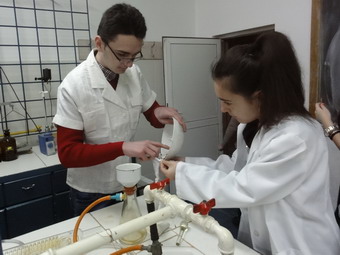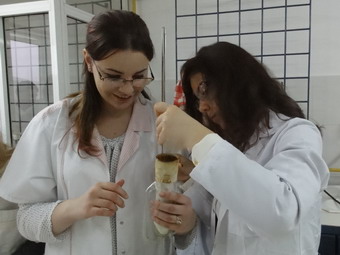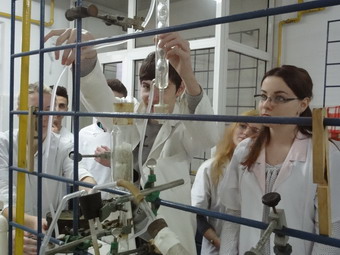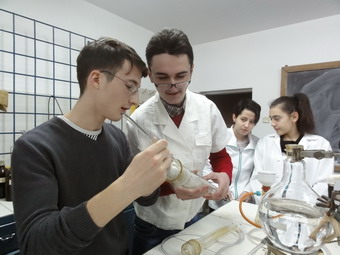The 6E Model requires a design and implementation of a training approach in 6 steps/stages, in which the teacher creates a stimulating learning environment focused on investigation, research, experimentation and discovery, placing the student in the position of responsible researcher. This approach facilitates a relevant and sustainable learning, qualitative and objective, in the process of forming and developing students’ skills necessary for optimal socio-professional insertion.
In the IRRESISTIBLE Project formal activities, the model proves its uniqueness, addressing Science education and Responsible Research and Innovation issues in a format that involves directing the students to real problems, which are likely to generate socio-scientific approaches, recovery strategy and specific Inquiry-based Science Education principles in strong conjunction with RRI aspects.
All proposed formal activities intend to facilitate the assimilation of scientific knowledge by students, and the development of their socio-scientific and investigative skills, in line with the needs of the actual society and principles of responsible citizenship. Also, as a corollary, students become familiar with the use of Web 2.0 technologies in their investigative or exploratory approach, but also for communicating and presenting research results.
On applying the 6E Model, the IBSE strategy and RRI principles, it is guaranteed a training process that proposes a dominant formative aspect, not based just on information and reception (like in traditional learning), but involving the understanding and solving of real-life problems, development of skills and adequate capacities that enable the student to act promptly and effectively in real-life situations.
During its 6 steps/stages – Engage, Explore, Explain, Elaborate, Exchange, Evaluate – the students (under the teachers’ guidance) develop their skills and their genuine investigation, creating so favorable conditions for addressing specific Science curriculum. More, by implementing the 6E Model in science classes, the students are more engaged and interested in learning contents, in report to the traditional approach, in this respect, multiple data connections being made to everyday life. Learning is more profound due to the fact that relevant correlations are done between theory and practice, developing also teamwork and networking communication. At the same time, the students become more responsible on managing the time and other resources invested in learning activities, developing so their meta-cognitive abilities of self-instruction and self-evaluation.




Impressions: Romanian IRRESISTIBLE students working in the lab as part of their module work.








